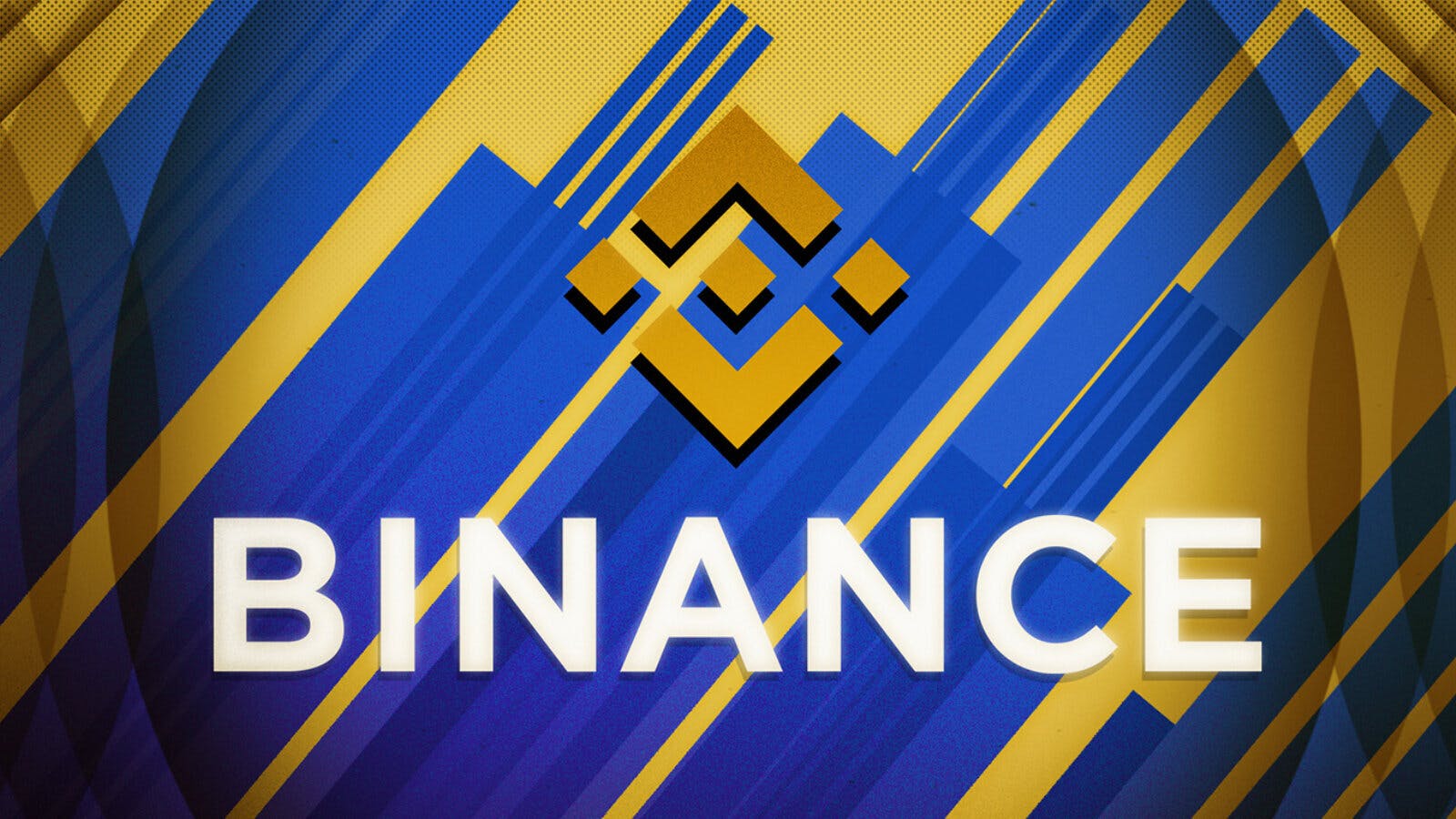As FTX Falls to Binance, Retail Crypto Investors Rush for the Exits
With Celsius and Voyager’s bankruptcies fresh in mind, crypto retail investors have reacted sharply to Binance buying FTX

Amid an escalating war with Binance founder Changpeng Zhao, charismatic FTX CEO Sam Bankman-Fried denied rumors that his crypto exchange was short on liquidity.
The next day, FTX halted withdrawals. Where have we seen this before?
Binance’s acquisition of FTX hasn’t come long after the implosions of fellow centralized crypto platforms Celsius and Voyager, which happened mid-year.
While those now-bankrupt companies weren’t pure-play exchanges, their users still await repayment, and retail investors are now dumping the exchange’s native FTT tokens at heavily discounted prices.
FTT was trading for around $22 Monday night. At the time of publication, the token had slid more than 80%, to around $4.
“If the Binance purchase goes through, it seems FTX depositors will be made whole, but those invested in the FTT token seem to be left holding the bag regardless,” Matthew Fiebach, Blockworks Research analyst, said.
FTT became a popular buy over the summer, when FTX appeared as strong as ever. FTT holders got access to reduced trading fees, and FTX would burn tokens as exchange usage increased, effectively making FTT more valuable, so the idea goes.
But FTT has limited liquidity, and as CoinDesk revealed last week, was being used to prop up the potentially-insolvent FTX sister organization Alameda Research. Fiebach noted Zhao also hasn’t indicated any willingness to keep up FTT’s value system.
“The more prominent concern is if the deal does not go through and users with assets in FTX get pennies on the dollar in much the same way as Celsius,” Fiebach said.
As of Tuesday afternoon, market panic seemed to have spread to other crypto exchanges, with Kraken and Coinbase both reporting service interruptions. Trading functionality on FTX is currently normal, but withdrawal requests aren’t being processed. Blockworks has reached out to all three platforms for comment, with Coinbase and Kraken stating their troubles amounted only to slow load times.
But even the Solana blockchain, in which Bankman-Fried is heavily invested, has reportedly struggled to process transactions.
“It’s premature to say, but this could be a delayed continuation of the solvency crisis initiated by the Terra collapse. Hopefully Alameda is still solvent. If they’re not, the contagion may start to spread all over again,” Greg Di Prisco, partner at Distributed Capital Partners, said in a Telegram message.
When FTT tumbled following Zhao’s tweet announcing Binance would sell all of its tokens, Ryan Salame, the co-CEO of FTX Digital Markets, called out the crypto titan for neglecting to protect regular FTX users.
“Dude [Zhao] is literally the worst, someone straight up offered to buy [over-the-counter] to avoid any retail being hurt and he chose instead to cause pain,” Salame , referring to Alameda CEO Caroline Ellison’s offer to buy all of Binance’s FTT at $22 per token.
FTX founder Bankman-Fried has also drawn criticism over a lack of clear communication surrounding FTT’s future as its price spiraled this afternoon — leaving retail to fend for themselves.
The CFTC, an American regulator tasked with protecting retail investors from major volatility swings, is monitoring Binance’s acquisition of FTX, a spokesperson told Reuters.
Get the news in your inbox. Explore Blockworks newsletters:
- The Breakdown: Decoding crypto and the markets. Daily.
- 0xResearch: Alpha in your inbox. Think like an analyst.






